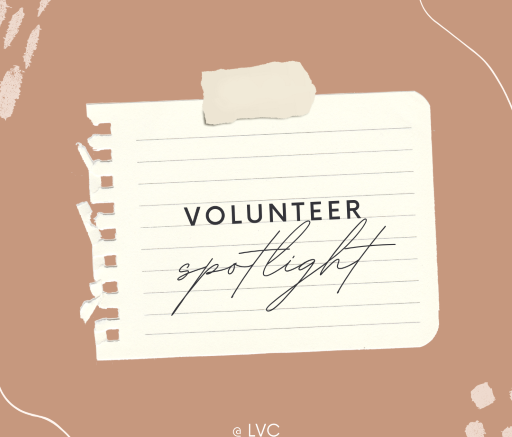By Lexi Gonzalez ‘23, staff writer
Senior economics major Darrell Duri was once the peer of the Zimbabwean students he now serves through the Higherlife Foundation.
In a statement on its website, the Higherlife Foundation writes, “We believe in the power of people. We believe that, given the right opportunities, people have unlimited potential to transform their communities and ultimately their nations.” The foundation focuses its investments on African education, livelihoods, healthcare, leadership and female empowerment.
Through the foundation, Duri tutors a base of students, helping them improve their English skills and become acquainted with the language surrounding higher education, from the SATs to the Common App. The goal of the program is to enable students to be admitted to colleges in the United States. Duri employs the resources provided by the foundation as well as his own fluency in English and two local languages in his work as a tutor.
With the outbreak of the COVID-19 pandemic, Duri’s service turned hybrid. Yet, the increase in this distance only increased the demand for these services. When students across the United States were sent home with laptops so they could attend school virtually, students across Zimbabwe were just sent home.
Zimbabwe has since experienced a high number of cases, due to their low vaccination rate and shared border with South Africa, and travel restrictions, isolating their students.
“We helped by tutoring them online because they couldn’t go to school,” Duri said. “That was a tough process because one student would come, use the computer, go back [and then] the other would come. They can’t be there at the same time because of COVID-19 restrictions.”
With an eye to the future amid a pandemic, Duri plans to continue his service through the Higherlife Foundation for two reasons. First, Duri admires how the foundation approaches service.
“I like [the Higherlife Foundation] because the hardest thing about service is structuring a program to help people that comes out successfully,” he said. “I know this because we always have foreigners who come to Zimbabwe and, in their attempt to help, they would try to go against some of the things we believed in culturally.”
In addition, he views service as his responsibility to give back to members of his community in Zimbabwe through a foundation that once gave its resources to him.
“Service to me is about giving back,” Duri said. “I’ve been impacted by service throughout my life. Even when I was … in school, I had people in my position today that did for me what I am doing for them right now.”
